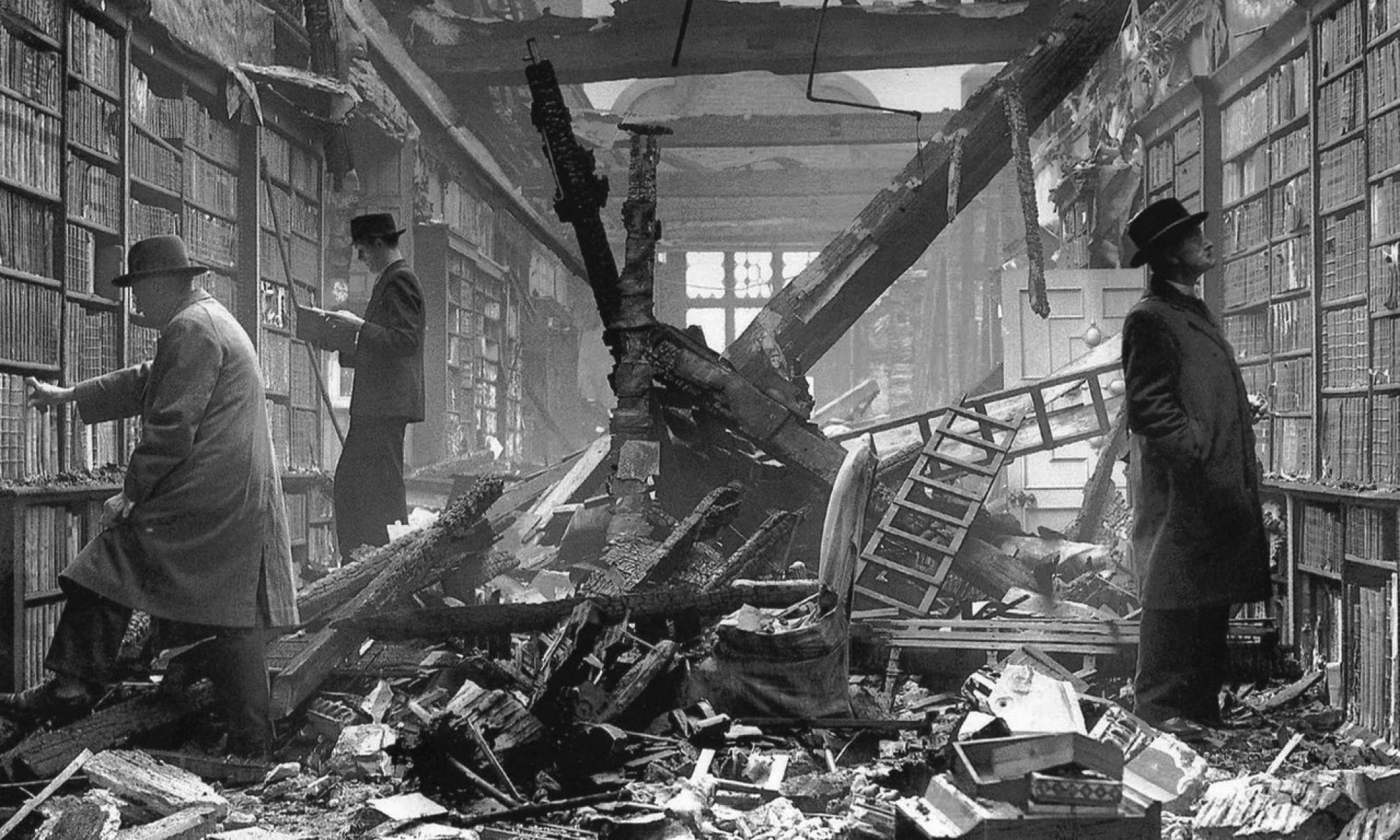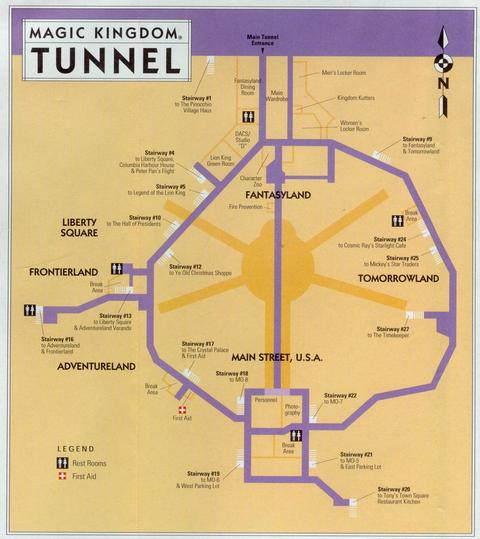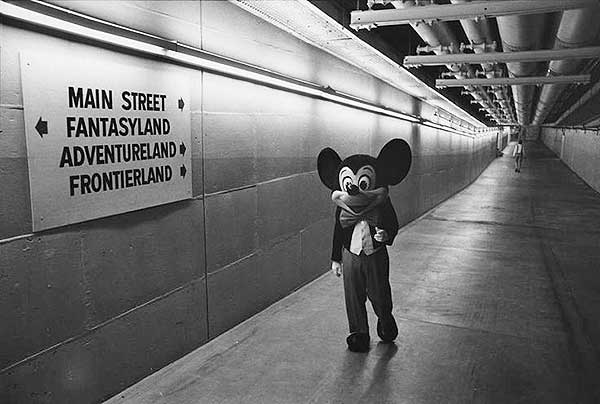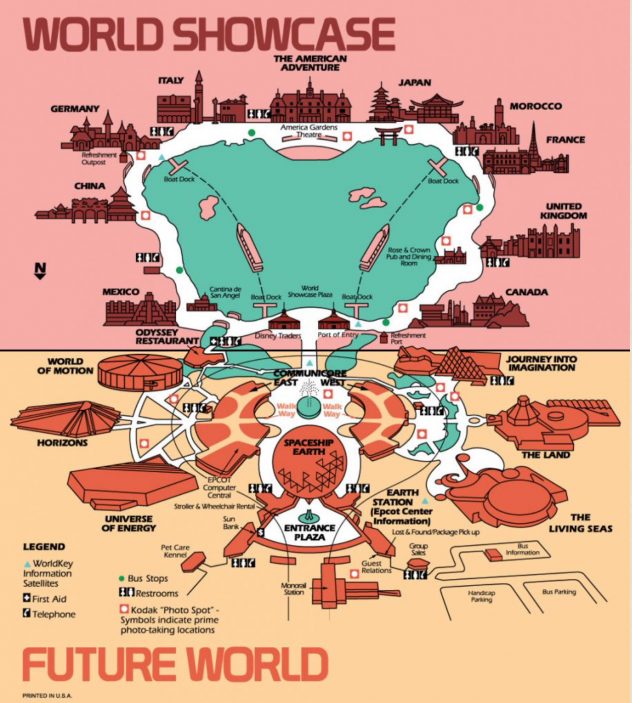At the time I am writing this, I am sitting in my little stone house in the Indiana countryside. Meanwhile, friends, co-workers, and seemingly everyone I am connected to on LinkedIn is heading to London for the LegalGeek conference.
And friends, let me tell you that I am salty as Hell about this.
Now, to be clear, there is no one to blame but me for this turn of events. No one told me that I couldn’t go. I have no caretaking obligations this week. I had plenty of notice about the conference to register in time.
It’s just that when registration was open, I didn’t think I’d be in a state of mind such that I’d give anything to spend 8 hours trapped in a can flying over an ocean during a pandemic to see friends, co-workers – and, yes, even a few people from LinkedIn – in person to talk about legal tech.
I interrupted my pity party to think about how crazy it is that I, a law librarian from the Midwest, would – not be entitled, per se – but feel like traveling to London to talk to people from all over the world to chat about technology would be an absolutely rational choice and normal occurrence in my life.
A few years ago – 8 to be exact <insert scream emoji> – I gave a talk to a group of UK law professors about open content and containers. I never fully transcribed it, but the gist of it can be found in this post.
The tl;dr is that I see the legal world like Disneyworld.
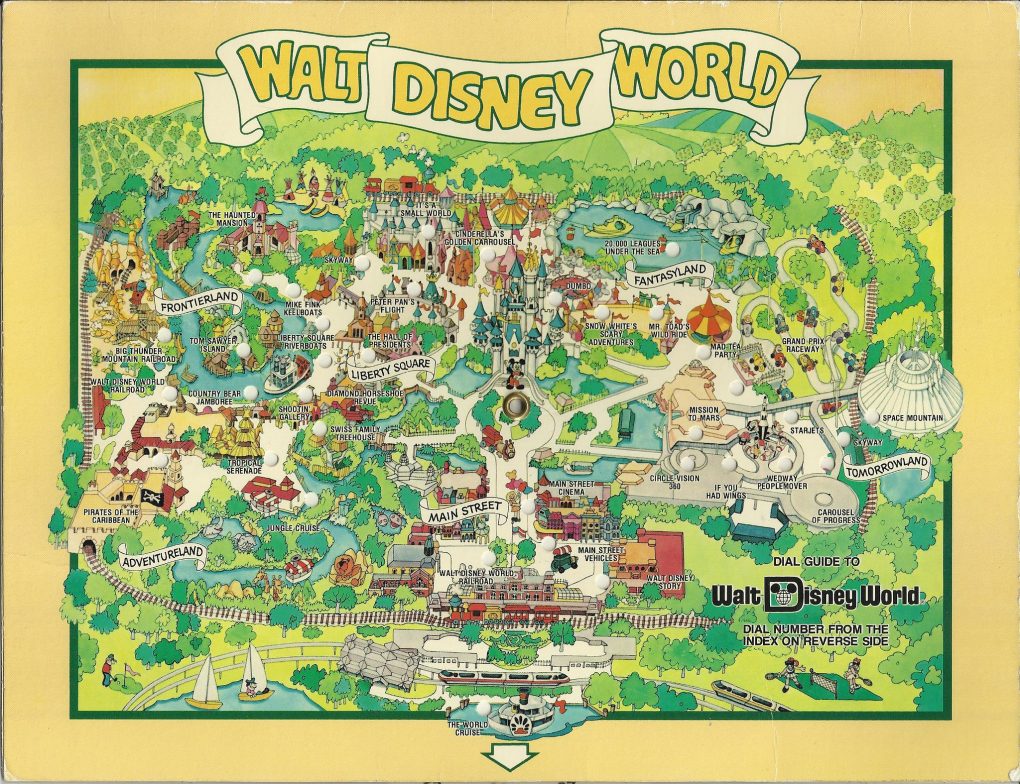
If you’ve never been, DisneyWorld is sort of Balkanized, which is maybe a little intense description of The Happiest Place On Earth (Tm). There’s several different somewhat self-contained worlds who all operate under the general banner and vibe of Disney without actually being that similar. Law is the same way. Tomorrowland has as much in common with Liberty Square as BigLaw has with a small town Public Defender.
That’s not to say there’s no connection.
One of the ways Disney always looks creepily perfect is that there’s an underground tunnel system – called “utilidors” – that Disney uses to transport talent, garbage, anything needed, really, to make Disney run smoothly.
In my tortured analogy, the utilidoors are…data. Knowledge. Ideas. Because it doesn’t matter what type of law you practice or if you interact with the legal system at all (even if you are not a licensed attorney), everyone deals with the same basic building blocks.
See my other longstanding tortured analogy on how the legal world should operate more like Legos.
I realized soon after I started my current job working for a legal tech company that based in Amsterdam and that works with law firms, legal technology companies, and corporations all over the world, I had left the gates of DisneyWorld and hoped the monorail over to EPCOT.
EPCOT has two main parts –
- Future World, where we can see a really optimistic vision of how technology and innovation can benefit humanity, and
- World Showcase, where countries’ highlight their cultural achievements and natural resources and people learn to appreciate the differences between cultures.
(I remember Canada had a 180 degree movie with scenes of Canadian natural beauty while Ann Murray and Celine Dion duet-ed on “O Canada” which…amazing.)
But anyway, that’s…legal tech.
For instance, I spent my morning creating a list of tools that work with a certain language group (and that means not just the user interface, but since so many legal tech tools involve processing words in some way or another, you have to know what alphabets and languages they can process.) I frequently get to have zoom calls with people all over the world and learn about what they do and why they do it. Some tools are very jurisdiction-need specific, but so many can be adapted to any type of legal system or practice area.
Here in America we’re still fighting over whether an attorney licensed in one state can practice in another or whether someone who isn’t license can provide the barest amount of assistance to someone in great need and yet over in legal tech world it’s “how can I make my solution usable by as many people as possible?”
It’s beautiful and so much fun to be a part of.
